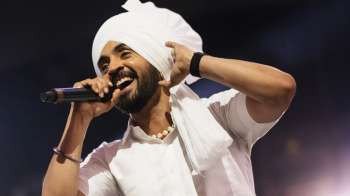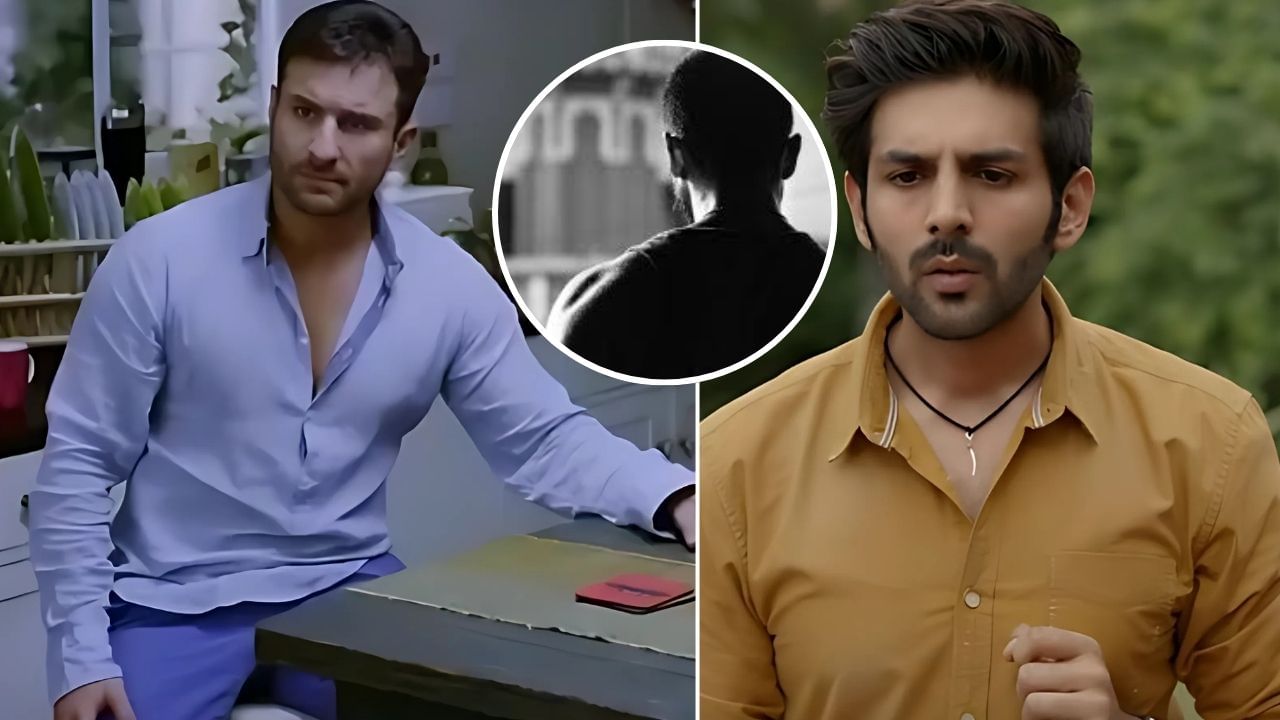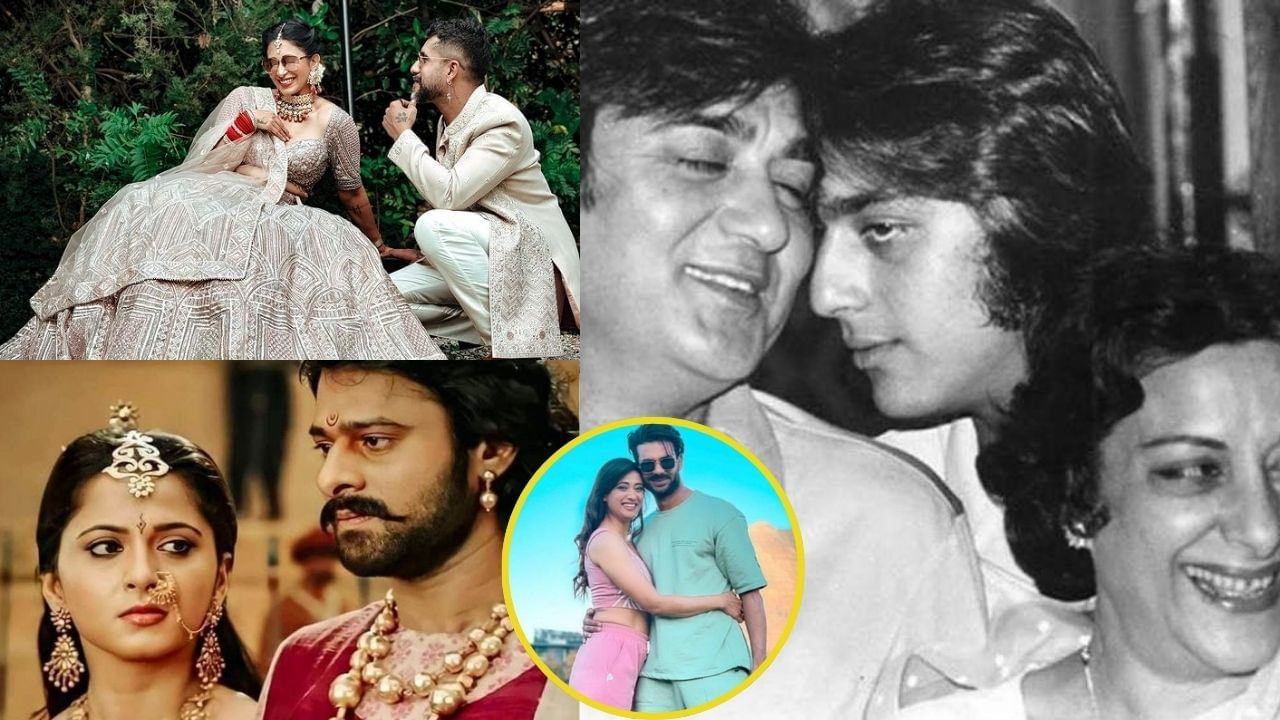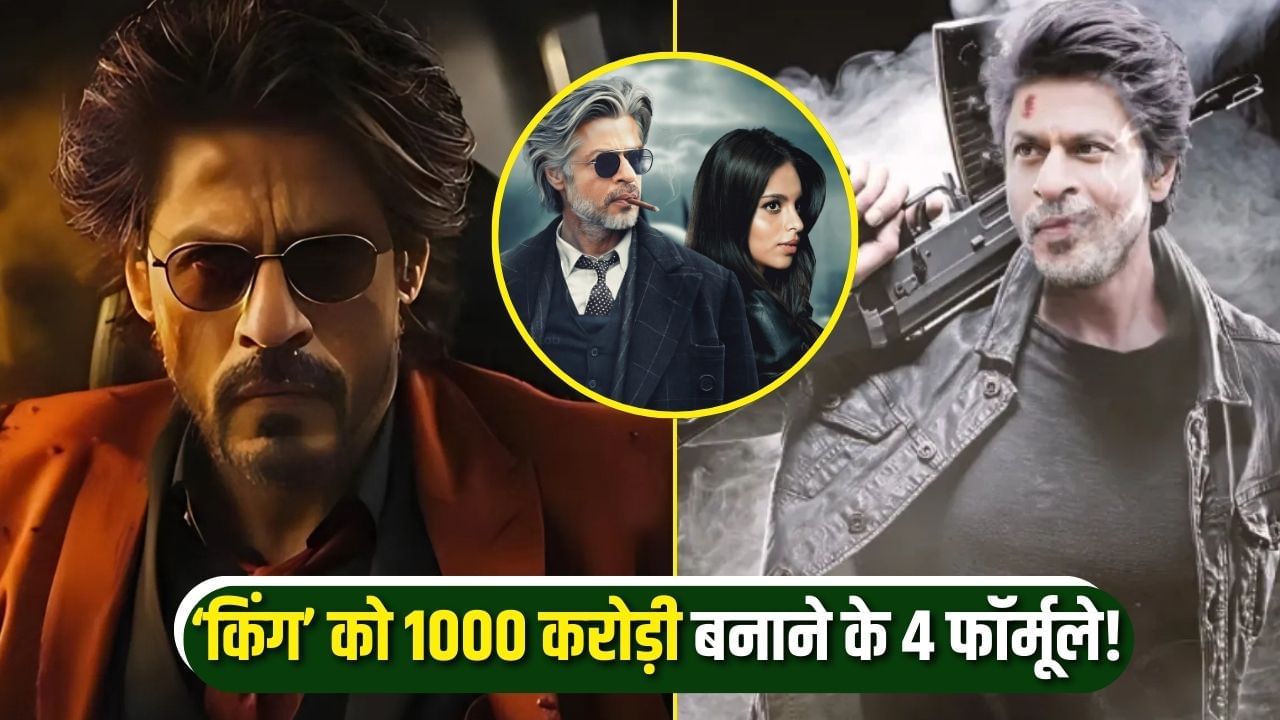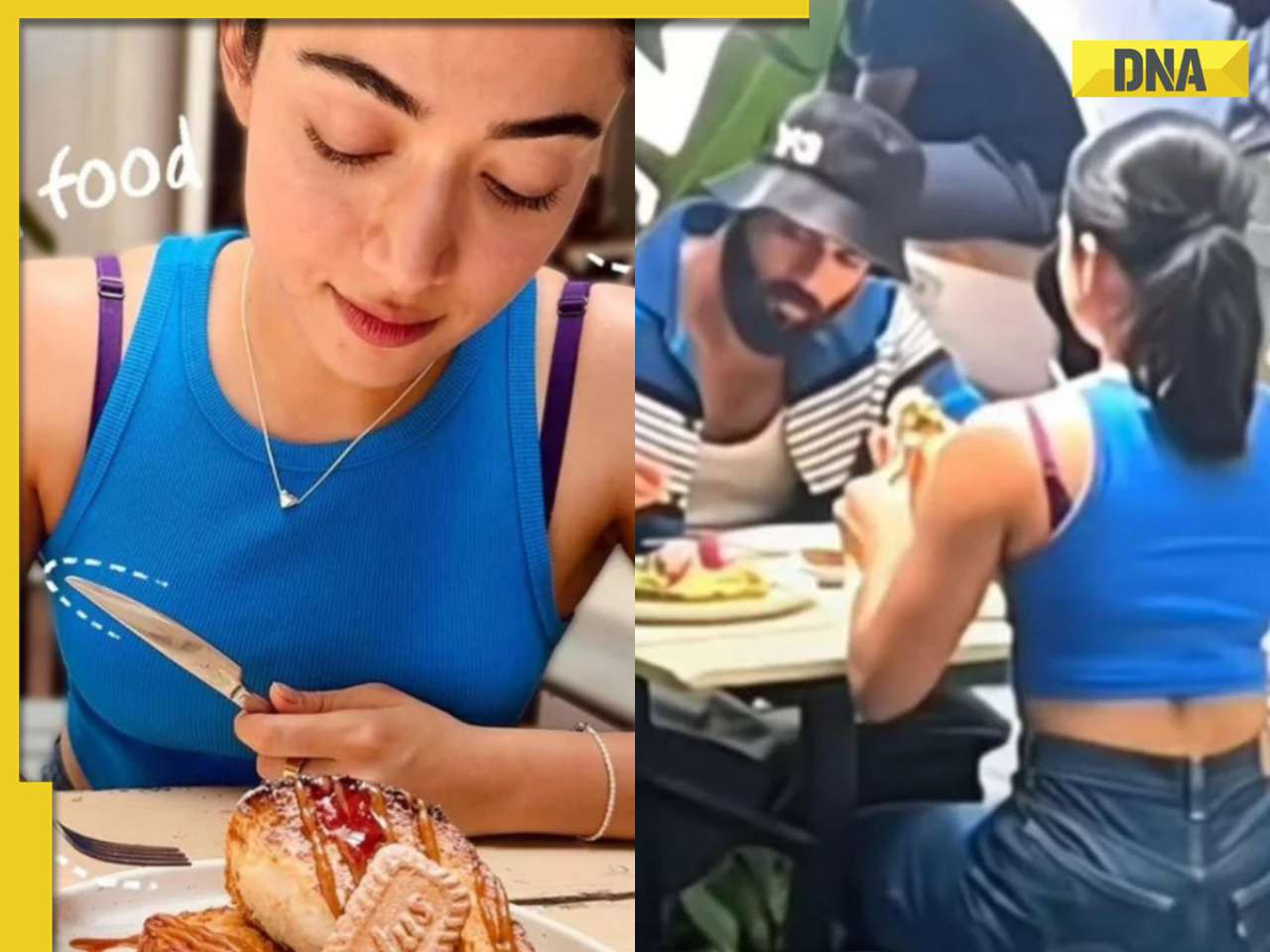Alcohol issues and Diljit Dosanjh concerts are going hand in hand nowadays. After the Telangana government’s notice now Maharashtra excise department on Sunday cancelled the permit for serving alcohol at actor-singer Diljit Dosanjh’s concert in the Kothrud area of Pune.
After opposition to plans to offer alcohol at the event came from a variety of sources, including Chandrakant Patil, the recently elected BJP MLA for Kothrud, the department revoked the permit.
“The state excise department has cancelled the permission to serve liquor during the program,” stated C Rajput, the commissioner of state excises. MLA Patil objected to the concert that was planned for later that evening at Kothrud’s Kakade Farm. In a statement, the BJP leader claimed that such performances were not typical of the city. The local population will be greatly disturbed by this. Traffic delays will also result from the event. I have thus pleaded with the city police commissioner to call off the program.
Diljit had received notice from ahead of the Hyderabad concert
It is significant to note that Diljit Dosanjh, who is currently in India for his Dil-Luminati tour, received a notice from the Telangana government ahead of his concert in Hyderabad on Friday, November 15. In the notice, the Punjabi singer has been asked not to sing songs promoting drugs, alcohol or violence. This directive follows a representation from Chandigarh’s Panditrao Dharenavar, who provided video evidence of Diljit performing songs recently, promoting drugs, alcohol and violence. The notice has also warned him not to ‘use children’ during his show.
Diljit reacted to the alcohol controversy during his concert
During the Hyderabad and Lucknow concerts, Diljit also reacted to the alcohol song controversy. ”Koi bahar se kalakaar ayega woh jo marzi gaa k jaaye, jo marzi kare koi tension nahi hai. Lekin apna kalakaar ghar aa raha hai, usme twanu pareshani, taang adani hai. Par main bhi ek baat bata doon, eh Dosanjha aala bugge, eh ni chadtaa”, said the actor-singer while pointing out what he perceived as double standards in the treatment of foreign versus Indian artists.

